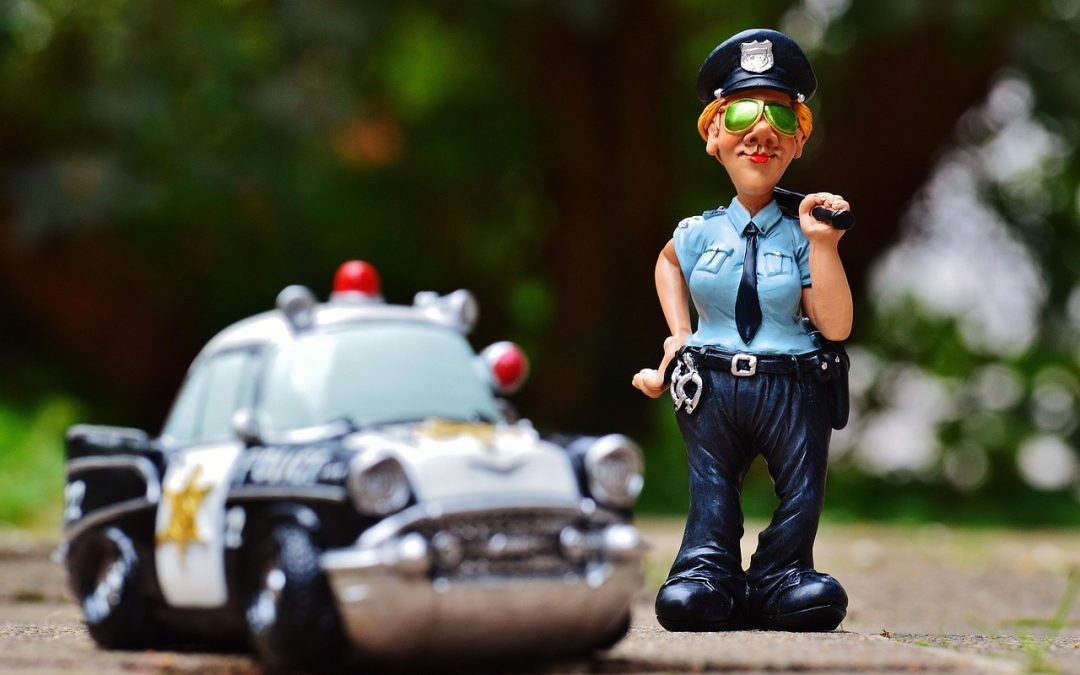As bystanders, we’ve all been in situations where we’ve witnessed police interactions with others, whether it’s a traffic stop, an arrest, or a confrontation. In these moments, it’s natural to feel concerned for everyone’s safety and wonder if we should intervene or document what’s happening. If you’re considering filming an encounter you witness, it’s essential to know your rights and responsibilities.
Understanding Your Rights
In the United States, the First Amendment protects your right to record police activities in public. This means that, as a general rule, you have the right to film police interactions as long as you’re not interfering with their duties or putting anyone in harm’s way. However, it’s crucial to remember that police officers may still ask you to stop recording or move away from the scene. In these situations, it’s essential to know how to respond.
Practical Tips for Filming Encounters
Here are some practical tips to keep in mind if you decide to film a police encounter:
- Stay calm and speak clearly: If an officer approaches you, remain calm and clearly state your intention to record the encounter.
- Maintain a safe distance: Make sure you’re not interfering with the police activity or putting yourself or others at risk.
- Know your local laws: Familiarize yourself with local laws and regulations regarding recording police activities.
- Don’t obstruct justice: Avoid doing anything that could be perceived as obstructing justice, such as shouting or trying to influence the outcome of the interaction.
- Be prepared to provide identification: If an officer asks for your identification, be prepared to provide it.
De-Escalation and Cooperation
It’s essential to remember that police interactions can be unpredictable, and safety should always be your top priority. If an officer asks you to stop recording or move away, it’s often best to comply to avoid escalating the situation. As the American Civil Liberties Union (ACLU) reminds us:
The right to film is an important check on police power, but it’s not worth risking your safety or liberty.
Remember, filming a police encounter is not about provoking a confrontation; it’s about promoting transparency and accountability. By knowing your rights and exercising them responsibly, you can help create a safer and more just community for everyone.
Stay informed about local laws and regulations, and always prioritize safety and de-escalation in your interactions with law enforcement. By doing so, you can help build trust and promote positive relationships between the police and the communities they serve.
The information at Observed.Org may not pertain to every jurisdiction. It is YOUR responsibility to know your rights and observe them. Nothing here should be considered legal advice.

